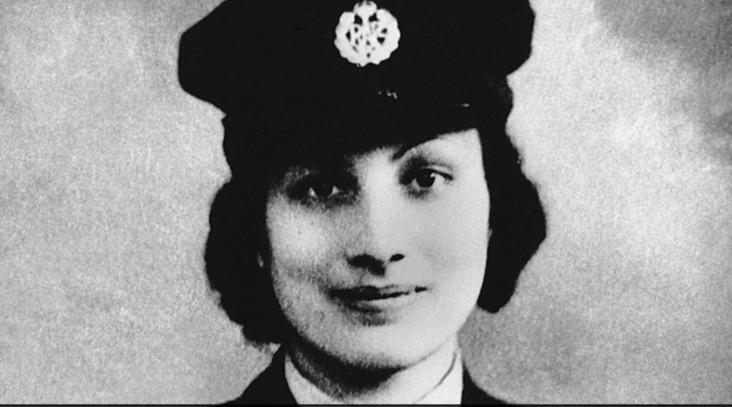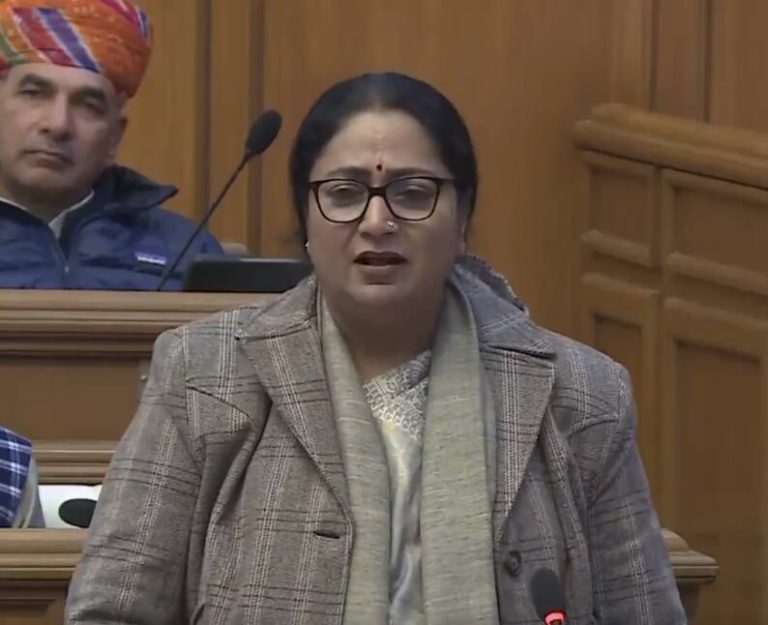
France Honours British Indian Spy & Tipu Sultan’s Descendant Noor
In a remarkable tribute, France has honoured Noor Inayat Khan, a descendant of the legendary Tipu Sultan and a World War II undercover British agent, with a commemorative postage stamp. This makes Noor the only Indian-origin woman to receive this prestigious tribute. The stamp is a testament to Noor’s bravery and selflessness during the war, and her contributions to the Allied forces.
Noor Inayat Khan was a British spy of Indian descent who worked for the Special Operations Executive (SOE), a secret British organization that conducted espionage and sabotage operations behind enemy lines during World War II. Born on January 1, 1914, in Moscow, Russia, Noor was the daughter of an Indian father, Inayat Khan, and an American mother, Ora Ray Baker. Her father was a musician and a Sufi teacher who was a descendant of Tipu Sultan, the 18th-century ruler of Mysore.
Noor’s early life was marked by frequent travel and exposure to different cultures. She spent her childhood in Russia, France, and England, and was educated in London and Paris. She was a talented musician and writer, and published several children’s books and articles before the war. However, with the outbreak of World War II, Noor’s life took a dramatic turn. She joined the Women’s Auxiliary Air Force (WAAF) in 1940 and later enlisted in the SOE, where she underwent rigorous training to become a spy.
In 1943, Noor was sent to France as a wireless operator, where she worked under the codename “Madeleine.” Her mission was to transmit vital information back to London, but she was soon betrayed by a French double agent and arrested by the Gestapo. Noor was subjected to intense interrogation and torture, but she refused to reveal any information about her colleagues or her mission. She was eventually sent to the Pforzheim prison in Germany, where she was kept in solitary confinement.
Tragically, Noor’s bravery and resilience were not enough to save her. She was executed by firing squad at the Dachau concentration camp in September 1944, at the age of 30. Her last words, according to eyewitnesses, were “Liberté,” the French word for freedom.
Noor’s sacrifice was not in vain. She was posthumously awarded the Croix de Guerre, France’s highest civilian honour, and the George Cross, Britain’s highest civilian honour for bravery. Her story has inspired countless people around the world, and she has become a symbol of courage and resistance against oppression.
The new postage stamp issued by France is a fitting tribute to Noor’s memory. It features a portrait of Noor in her WAAF uniform, with a determined look on her face. The stamp is a reminder of the significant contributions made by Indian-origin individuals to the Allied war effort during World War II, and the important role that women played in the conflict.
Noor’s legacy extends beyond her own story. She has inspired a new generation of women to pursue careers in espionage, intelligence, and cybersecurity. Her bravery and selflessness have also inspired countless books, films, and documentaries, including a recent biography by journalist and author, Shrabani Basu.
In conclusion, the commemorative postage stamp issued by France in honour of Noor Inayat Khan is a well-deserved tribute to a remarkable woman who gave her life for the cause of freedom and democracy. Noor’s story is a testament to the power of courage, resilience, and determination, and her legacy continues to inspire people around the world. As we remember Noor’s sacrifice, we are reminded of the importance of promoting peace, understanding, and cooperation between nations, and of the need to honour the contributions of individuals from diverse backgrounds who have shaped our world.






